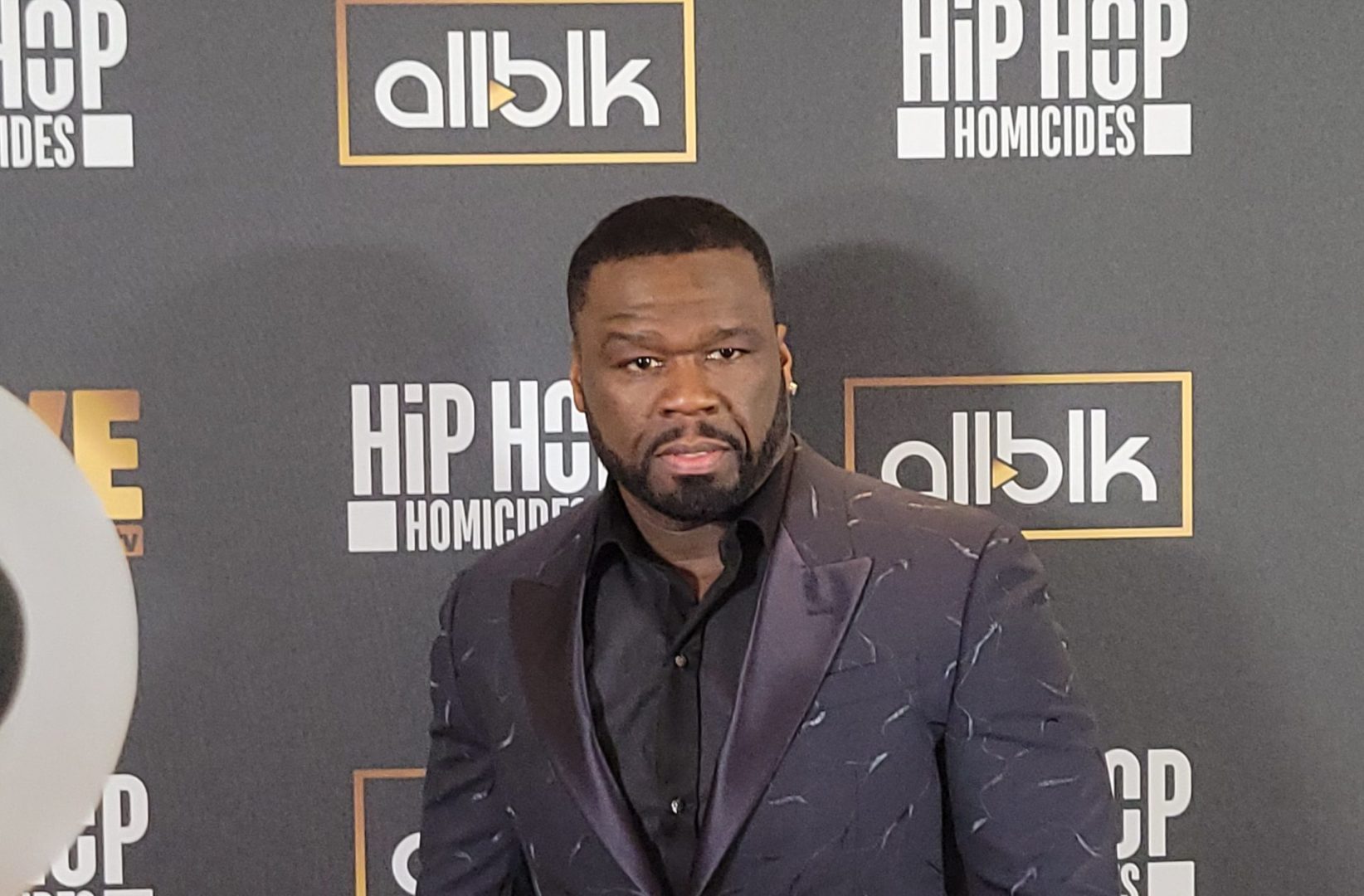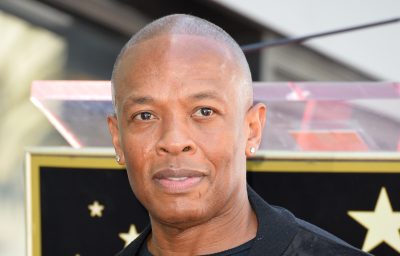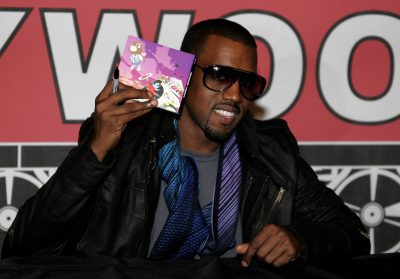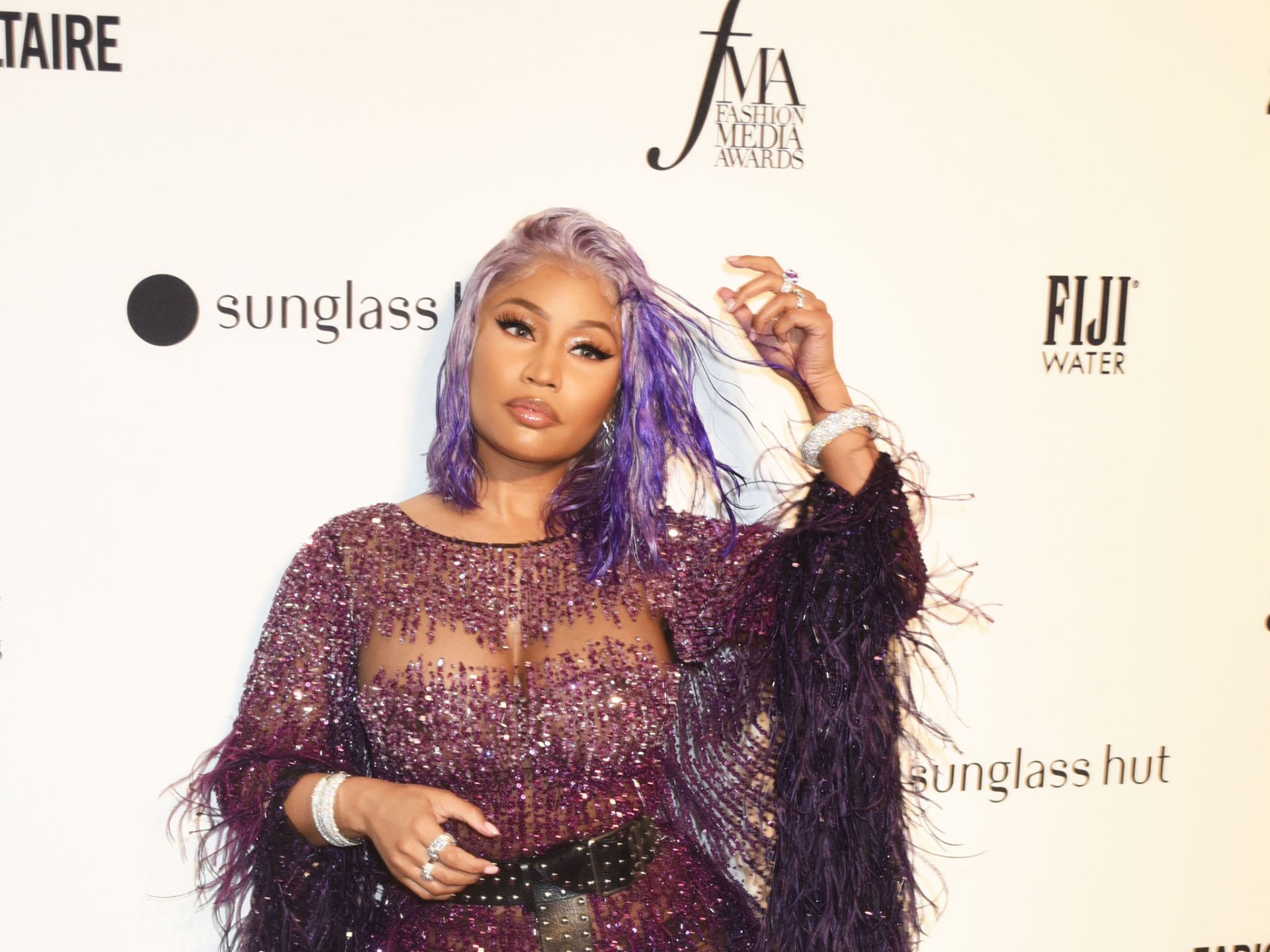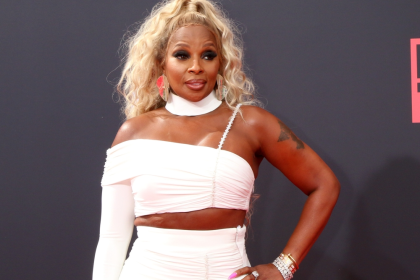
Joseph Charles has been involved in virtually every facet of the music industry. First performing as hip-hop/dancehall artist Screwface, he became affiliated with artists as influential and wide-ranging as militant rap group X-Clan and pop megastar Madonna. The Brooklyn native transitioned from NYC to Los Angeles before landing in Virginia, where he began working with legendary producer Teddy Riley. He eventually decided to focus on writing and production, working with stars like Usher and Christina Aguilera. Eventually working in management with his own StarStruck firm and as a consultant with Atlantic and SONY, Charles was the top choice for former Universal exec Jolene Cherry’s new label. Charles is now the man helping to kick start The Cherry Party and push the music industry into the future.
“The crazy thing about this whole situation is it allows me to remain creative in the way that I always was creative,” Charles explains. “I’ve always been on my own, in a sense. I’ve always run my own companies and I’ve always consulted for the majors. So I never could wrap my brain around the corporate thinking of the music business. Music is free, in a sense. You don’t have to spend money to create it and there are no politics involved when you’re creating music. I like to work that way and that’s how I always worked. Coming up under Teddy Riley for eight years, that was how he did it—the business was the business, but he stayed creative.”
Charles’ vision for The Cherry Party is to use his own modus operandi — the focus on creativity first, profit and finance, last — to build a new generation of long-term stars who are creative and ambitious. And that starts with his own sense of freedom. “When this presented itself, that was the first thing that came to my mind,” he says. “ ’Will I still be able to be free?’ Would I still be able to have free rein of how I operate or would I be shackled. The answer was ‘We want you to do you.’ It’s a great situation, it’s a great company for free thinkers, it’s innovative and forward thinking and it’s non-corporate.
“It’s like when you see a basketball player become a coach. You see that coach have the camaraderie and its more family oriented; and the reason is because you have someone who has the experience and the passion because they’ve been through it themselves. For me, having been an artist, then a producer, then a songwriter, then a manager—to be in that seat, it helps me to thrive and [understand] things. I believe its right for the business. You have someone who goes to school and learns how to be an executive, but they don’t have music experience, in my opinion, that’s hurting the business.”
For Charles, there are three intangibles that he’s taken with him in every capacity: consistency, follow-through and humility. And they all work in tandem.
“I’ve seen it time and time again where someone will go in the studio, get a record and you have everybody telling you how great it is and how great you are; but you don’t take the time to connect to your fans or actually finish your album,” he says, before recalling his own hard life lesson. “I did this record—a number one record in 32 countries — it’s called ‘Touch It’ for Monifah. I produced that record and got these nice royalty checks. Everybody was calling my phone and I got caught up in the hype. But I didn’t have any more ‘Touch Its.’ That was a lesson I learned early on. Luckily, I was able to bounce back. But that window only opens ever so often. You get it once in the blue. It’s very important to have a follow-through.
“So The Cherry Party is a company that does not believe in corporate structure or the microwave artist. The Cherry Party believes in great artists. It’s the artform in artistry; really, really looking at the artform of an artist and not taking it the way that technology is taking it and it’s not about making money on the forefront, it’s about having a great product. Once you have a great product, the rest will follow, money will come. It’s switching the mindset. Making sure you have integrity behind the art.
“Whenever I wake up — that is, when I do have time to sleep — I know that today is going to be another day for me to come into this office and really change the business and make it what it needs to be. It needs to be about the artform and having integrity. It needs to about doing something because you know it’s the right thing to do. You’re not doing it for the wrong reasons. When you look online, you see a million artists and everybody’s doing it big? No. I want to be able to


